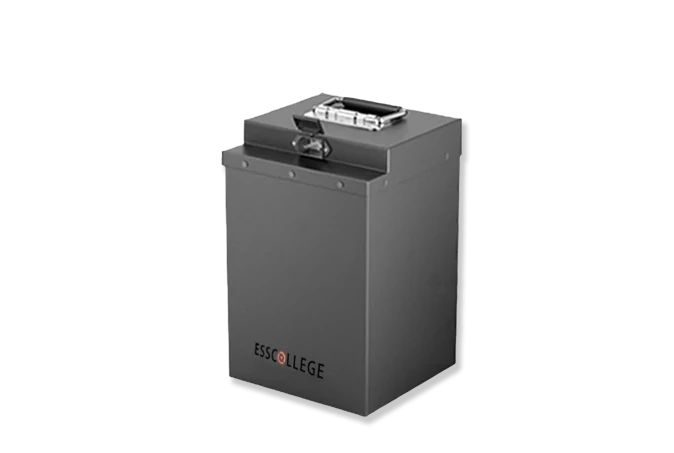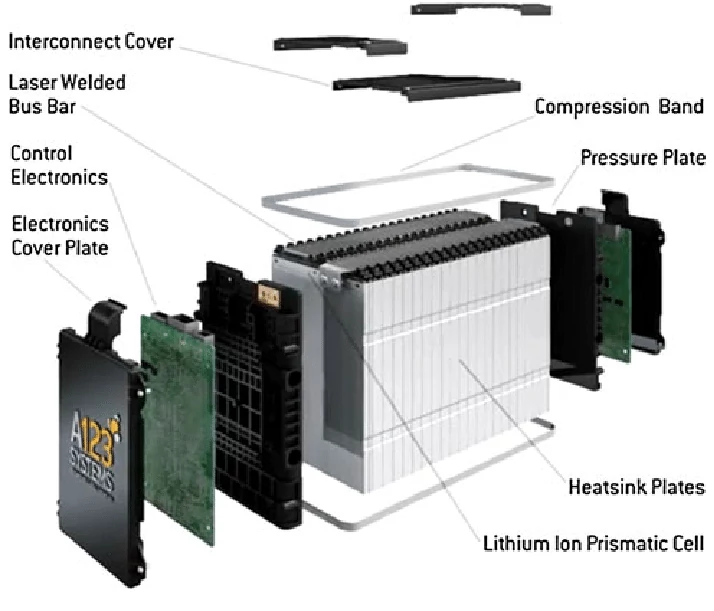Product testing Product testing is a key link to ensure...
National standard
National standards are technical requirements and specifications with legal effect formulated and issued by the national Standardization Administration (such as the Standardization Administration of China, GB). For battery products, national standards mainly involve battery safety, performance, design requirements, test methods and product quality and other aspects to ensure the safety, reliability and availability of batteries in all aspects.
National standard

National standards play a vital role in the battery industry. They provide clear technical requirements and safety guarantees for the design, production, use, testing and recycling of batteries. Compliance with these standards can not only ensure the quality, performance and safety of battery products, but also enhance the market competitiveness of enterprises and help enterprises meet the needs of the international market. Through the implementation of these standards, we can effectively avoid quality problems in battery products, reduce accidents, and protect the safety of consumers. In addition, the national standards also provide a reliable technical basis and specifications for technological progress, innovation and cross-industry applications in the battery industry.
Relevant national standard
GB/T 18287-2013
Content: This is a standard for the safety requirements of lithium-ion batteries, which specifies the safety performance requirements of lithium batteries in the design, production, storage, transportation and other aspects, including battery overcharge, overdischarge, short circuit, impact, extrusion and other test items.
Significance: This standard ensures the safety of lithium-ion batteries in different use environments and prevents battery accidents due to external factors.
GB/T 22084-2008
Content: This is the performance test standard for batteries and battery systems, which is suitable for the performance evaluation of many types of batteries such as lead-acid batteries, nickel-metal hydride batteries, and lithium batteries. The standard includes testing methods for performance indicators such as capacity, charge and discharge efficiency, and cycle life.
Significance: This standard ensures that the battery continues to provide stable performance under normal conditions of use and helps to evaluate its service life.
GB/T 31467.3-2015
Content: This is a standard for electric vehicle power battery systems, covering the technical requirements of the battery, performance evaluation methods, test procedures, system design requirements.
Significance: The standard aims to ensure the safety, performance, compatibility of electric vehicle power batteries and the effectiveness of the overall system, and is of great significance to promote the development of the electric vehicle industry.
GB 31241-2014
Content: This is the safety requirements for lithium batteries, mainly related to the design and production of lithium batteries, requiring compliance with the safety performance requirements of the battery. The standard includes requirements for battery housings, packaging materials, functional testing, etc.
Significance: The implementation of this standard ensures the safety of lithium battery products during use and avoids safety accidents caused by battery design defects.
GB/T 25080-2010
Content: Related standards for batteries used in energy storage systems, covering battery performance, safety, test methods and other requirements.
Significance: It is crucial to improve the safety and reliability of the energy storage system, especially with the increase of new energy applications, the standardization of energy storage technology has become the key to ensure the stable operation of the system.
GB/T 37984-2019
Content: This is a standard for battery management systems (BMS), which specifies the design, function, safety, test methods and other requirements for battery management systems.
Significance: The battery management system is a key component to ensure the performance and safety of the battery, and this standard helps the efficient operation of the battery system during the charge and discharge process, while avoiding the safety risks caused by improper management of the battery.

low-speed car batteries
Low-speed vehicle battery is a kind of battery designed for low-speed electric vehicles, which has the characteristics of clean, environmental protection, high efficiency and economy, and is widely used in electric golf carts, low-speed electric vehicles (LSV), mobile vendors, campus transportation, cargo trucks and so on
Extended reading
Product packaging and delivery
Product packaging and delivery The packaging and delivery of battery...
Product information expansion
Product information expansion Understanding low-speed vehicle battery product information is...
Product composition
Low-speed lithium battery product composition Understanding the product composition of...
THE ESSC Brand promise
Global supply
Our products sell well all over the world, covering many countries and regions, through the global logistics network, to provide customers with convenient purchasing experience.
Rigorous quality
We adhere to the highest quality control standards to ensure every product meets industry regulations and customer expectations, earning trust through consistent excellence.
Excellent service
With a customer-centric approach, we provide prompt responses, professional support, and personalized services, aiming to deliver the best user experience and long-term value.





